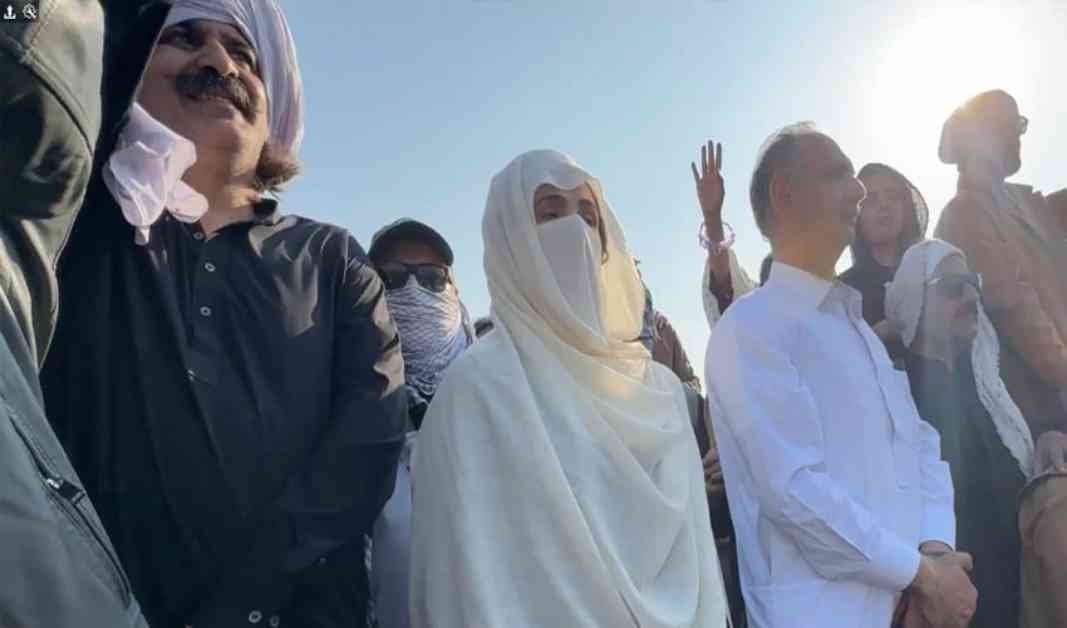The Islamabad court made a significant ruling on Monday, dismissing three pre-arrest bail petitions filed by Bushra Bibi, wife of former Pakistan Tehreek-e-Insaf (PTI) chairman Imran Khan. This decision comes in connection to the November 26 protests, a contentious issue that has been making headlines for weeks.
Legal Proceedings and Dismissal
During the court proceedings, which were presided over by Additional Sessions Judge Muhammad Afzal Majoka, both the prosecution and the defense presented their arguments. While Bushra Bibi’s lawyer sought an exemption from her appearance, the prosecutor highlighted her failure to submit the required surety bonds. This lack of compliance with the court’s orders raised concerns for the judge, who ultimately dismissed the bail pleas. The judge emphasized that the interim bail granted earlier was only valid until the date of the hearing, leaving Bushra Bibi vulnerable to legal consequences.
Postponement of Verdict
In another legal development, an accountability court in Rawalpindi faced delays in announcing its verdict in a £190 million case involving Imran Khan and Bushra Bibi. Judge Nasir Javed Rana expressed frustration over the absence of the accused and their legal representatives, despite issuing multiple summons. This postponement marks the third time the verdict has been deferred, prolonging the legal uncertainty surrounding the high-profile case.
Implications and Ongoing Legal Battles
The dismissal of Bushra Bibi’s bail pleas underscores the intensifying legal battles she faces in connection to the November 26 protests. With mounting pressure from the courts and public scrutiny, her legal team must strategize their next steps carefully to navigate the complex legal landscape. As the case progresses, all eyes will be on the unfolding events and their potential impact on the political landscape in Pakistan.
This legal saga serves as a stark reminder of the intricate interplay between law, politics, and public perception, shaping the destiny of key personalities in the country’s socio-political sphere. As the legal drama unfolds, the ramifications extend far beyond the courtroom, influencing public discourse and political narratives in Pakistan.









